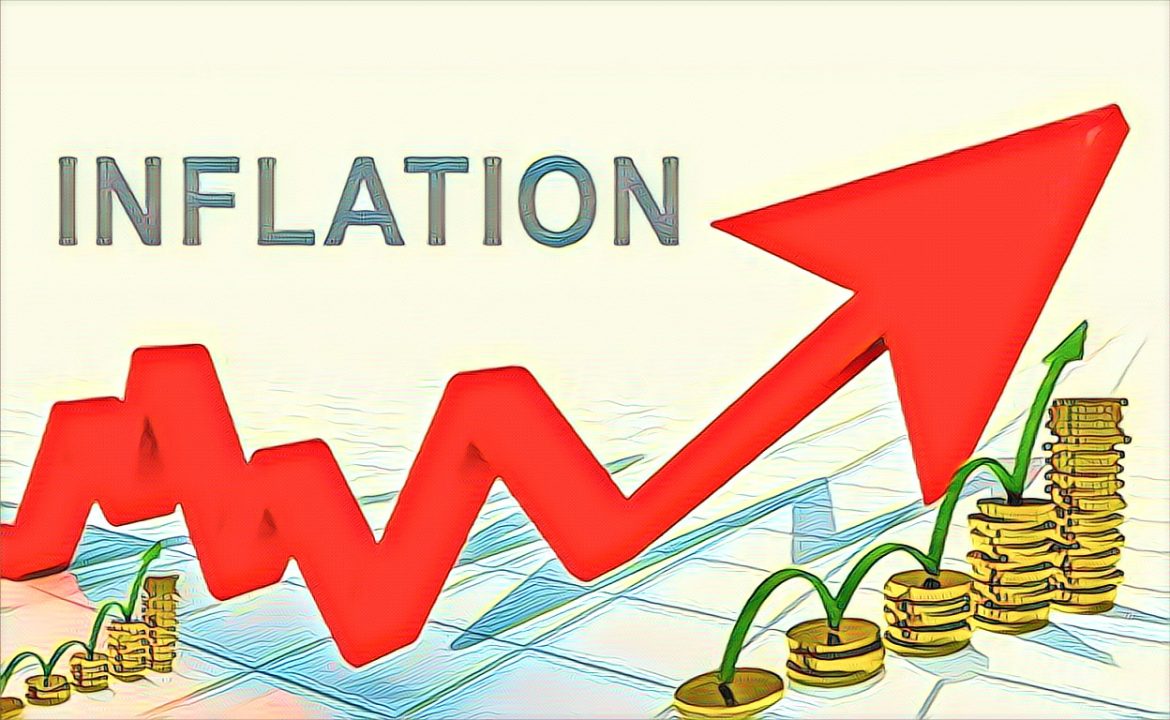In a stark revelation that underscores the escalating economic challenges in Nigeria, the National Bureau of Statistics (NBS) announced that the country’s headline inflation rate for January 2024 soared to 29.90%. This significant uptick from December 2023’s rate of 28.92% highlights the intensifying cost of living crisis affecting millions across the nation.
According to a report by Channels TV, the NBS’s Consumer Price Index (CPI) report for January detailed a 0.98% increase compared to the preceding month and a substantial 8.08% rise on a year-on-year basis from January 2023’s rate of 21.82%. The alarming acceleration in inflation is primarily attributed to a sharp rise in food prices, which witnessed a year-on-year increase of 35.41%, marking an 11.10% hike from the rate recorded in January 2023 (24.32%).
Key drivers behind the surge in food inflation include significant price increases in essential items such as bread and cereals, potatoes, yam and other tubers, oil and fat, fish, meat, and beverages including coffee, tea, and cocoa. This trend not only reflects the direct impact on consumers but also highlights broader economic pressures, including the effects of fuel subsidy removal and security challenges that disrupt agricultural productivity and supply chains.
In response to the deepening inflationary pressures, President Bola Tinubu has directed the release of grain reserves to help alleviate food costs. The move comes as part of a broader effort to tackle the economic difficulties that have been exacerbated by policy decisions and external factors.
Amidst the rising inflation rates, the Central Bank of Nigeria (CBN) has expressed optimism about bringing inflation under control. Governor Yemi Cardoso, citing the bank’s inflation-targeting policy, anticipates a reduction in the inflation rate to 21.4% for the year, supported by improvements in agricultural productivity and the alleviation of global supply chain pressures.
As Nigeria faces these daunting economic challenges, the depreciation of the naira continues to contribute to the country’s financial instability. With the government and the CBN deploying various strategies to combat inflation and stabilize the economy, the path forward remains uncertain, with stakeholders closely monitoring the situation for signs of improvement or further distress.


